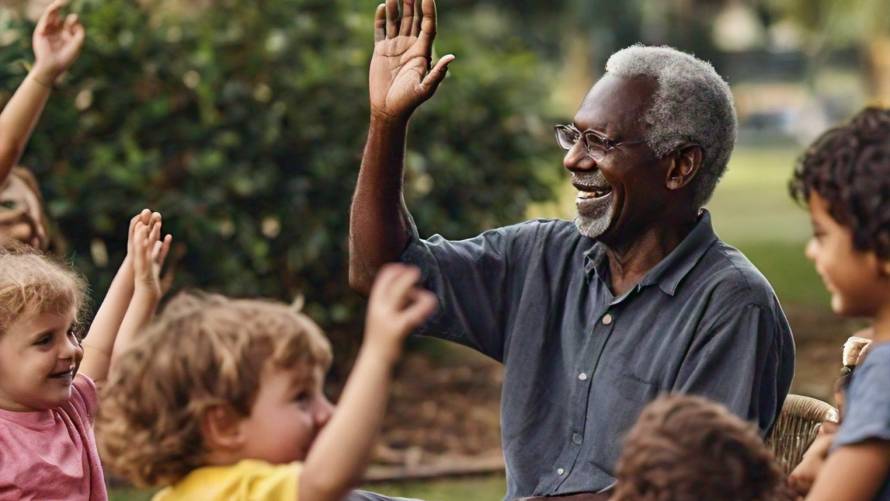A new study has found that older adults who spend a lot of time with young children are more likely to get a type of bacteria that can cause serious diseases like pneumonia and meningitis. The study was done by researchers at Yale University and will be presented at a big medical conference in Europe.
The bacteria, called pneumococcus, is very common and can live in people’s noses and throats without making them sick. However, it can also cause ear and sinus infections, as well as more dangerous illnesses like pneumonia, blood infections, and meningitis. These diseases are especially dangerous for young children and older adults.
In the past, many children got very sick from pneumococcus. But since a vaccine was added to the childhood vaccination schedule in 2000, the number of serious cases in kids has gone down by over 90%. However, older adults haven’t seen the same benefits.
To find out why, the researchers studied 183 adults over 60 who lived in 93 households in Connecticut. They took saliva samples and asked the participants about their social activities and health every two weeks for ten weeks.
The results showed that about 5% of the saliva samples had pneumococcus bacteria, and 15% of the participants had it at least once during the study. Interestingly, the people who spent a lot of time with young children, especially those under 5 years old, were much more likely to have the bacteria. In fact, those who had daily contact with young kids were six times more likely to get pneumococcus than those who didn’t spend any time with children.
The researchers didn’t find clear evidence that the bacteria was spreading between the adults in the households, even when both people had it around the same time. This suggests that young children are the main source of pneumococcus transmission to older adults.
“Our study found no clear evidence of adult-to-adult transmission even though there were households in which an individual was positive for pneumococcus across numerous sampling moments, and instances where both adults in the household carried pneumococcus around the same time”, says Dr Anne Wyllie, the lead author of the study.
The findings suggest that vaccinating older adults against pneumococcus could help protect them from serious diseases, especially if they spend a lot of time with young children who may still carry and spread some types of the bacteria despite being vaccinated themselves.
The study was done during the COVID-19 pandemic, so the researchers were also able to look at how social distancing and other measures affected the spread of pneumococcus. Interestingly, the rates of bacteria in the participants stayed about the same even when people started going out and doing more activities in the community again.
The researchers note that the study was relatively small and mostly included white, educated people in one part of the USA, so the results might not apply to everyone. They also point out that saliva tests might not catch all cases of pneumococcus, so the actual rates could be even higher.
Despite these limitations, the study provides important new information about how pneumococcus spreads to older adults and highlights the potential benefits of vaccinating this age group, especially those who have close contact with young children.


